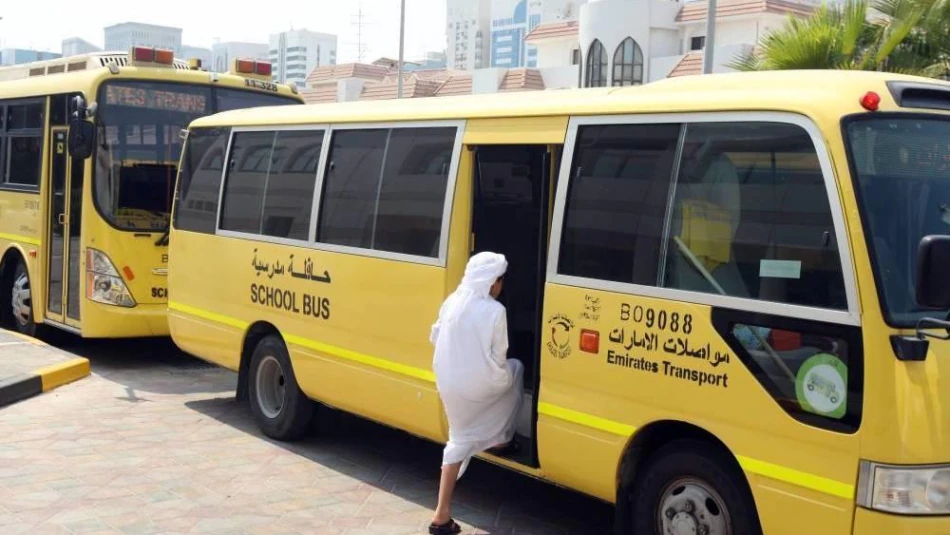
Navigating Parental Absenteeism: Essential Guidance for Families
Dubai Schools Implement Strict Protocols for Uncollected Children Under 11
Dubai's education authorities have introduced comprehensive safety measures to protect young students when parents fail to collect them from school, establishing a clear escalation process that can ultimately involve child protection services. The protocols, designed for children under 11, reflect growing emphasis on child welfare and parental accountability in one of the region's most international education hubs.
Multi-Step Response System
The new procedures create a structured response when parents don't meet school buses or collect their children. Bus supervisors must immediately notify schools when a child cannot be handed over to a guardian, triggering coordination between school nurses, administrators, and Emirates Transport—the UAE's primary school transportation provider.
Schools then attempt direct contact with parents to confirm pickup arrangements. If parents confirm they will collect their child, bus supervisors complete their routes before returning to ensure a guardian is physically present at the home. However, repeated incidents trigger formal warnings through signed documentation and mandatory social worker intervention to educate families about child protection laws.
When Parents Refuse or Ignore Schools
The protocols become more serious when parents explicitly refuse to collect children or ignore school communications entirely. In such cases, children are immediately returned to school premises where they receive care under official regulations. Schools continue documented attempts to reach parents while preparing for potential child protection involvement.
If parents remain unresponsive after one hour, schools coordinate with Emirates Transport to provide supervised escort services, ultimately transferring children to the Family Care Authority's child protection division when necessary.
Regional Context and Growing Accountability
These measures reflect the UAE's broader evolution in child protection standards, particularly as Dubai hosts families from over 200 nationalities with varying cultural expectations around childcare responsibilities. The city's rapid population growth and dual-career household prevalence have created new challenges for traditional family pickup arrangements.
The protocols also demonstrate how Gulf states are formalizing child welfare systems that previously relied on extended family networks. Similar standardization efforts have emerged across the region as expatriate communities often lack the traditional support structures common in their home countries.
Educational Sector Implications
For Dubai's competitive private school market—where institutions compete heavily for international families—these protocols create both protective measures and potential friction points. Schools must balance duty of care with customer service expectations, particularly when serving families accustomed to more flexible arrangements in their home countries.
The emphasis on documentation and formal reporting also signals schools' need to demonstrate compliance with UAE child protection laws, which have strengthened significantly in recent years. This legal framework provides schools with clear authority to act when parental responsibility appears compromised, reducing institutional liability while prioritizing child safety.
School administrators emphasized that these measures aim to enhance safety and parental awareness rather than punish families, with all incidents requiring detailed documentation and reporting to ensure consistent child protection standards across Dubai's diverse educational landscape.
Most Viewed News

 Omar Rahman
Omar Rahman






